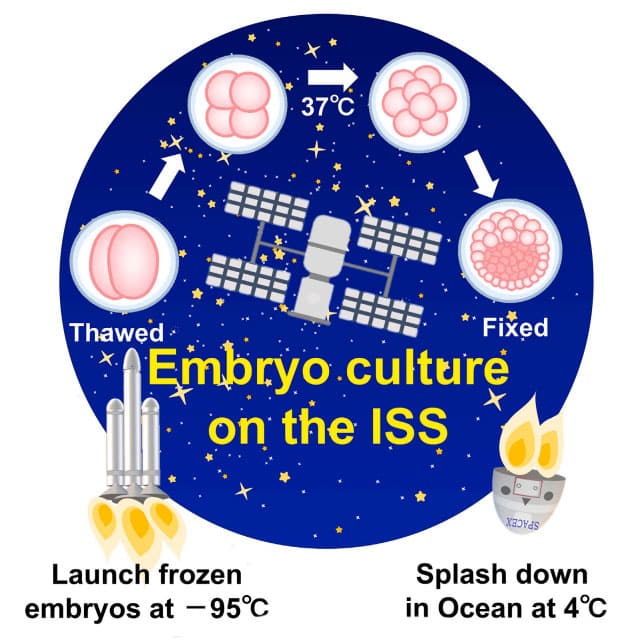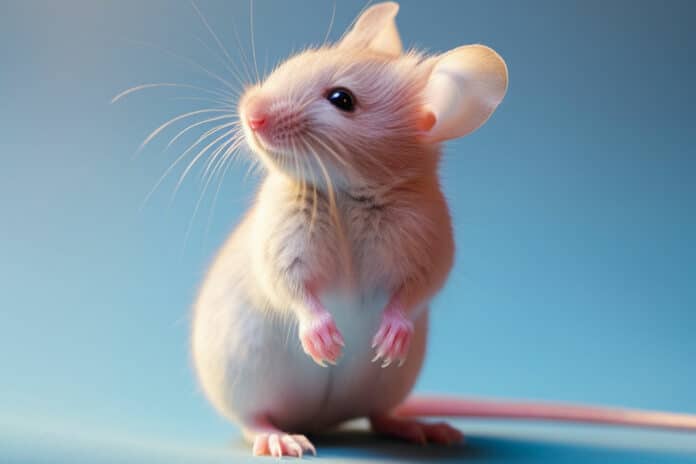Teruhiko Wakayama, professor of the University of Yamanashi’s Advanced Biotechnology Centre, and a team from the Japan Aerospace Space Agency (JAXA) have sent frozen mouse embryos on board a rocket to the ISS in August 2021. The mouse embryos have been grown and developed normally. It indicates that it could be possible for humans to reproduce in space.
Astronauts used a particular device to thaw early-stage embryos, which were grown on a station for four days, resulting in the normal development of blastocysts into fetuses and placentas.
Scientists noted, “The embryos cultured under microgravity conditions developed into blastocysts with normal cell numbers, ICM, trophectoderm, and gene expression profiles similar to those cultured under artificial-1 g control on the International Space Station and ground-1 g control.”
“There were no significant changes in the condition of the DNA and genes after they analyzed the blastocysts that were sent back to their laboratories on Earth.”

For this experiment, scientists developed a new embryo thawing and culturing unit (ETC), which helped to thaw and culture frozen mouse 2-cell embryos on the ISS without directly contacting the seeds. Many preliminary experiments were performed to modify and improve the ETC; thus, before performing space experiments, scientists thought it could be used in every conceivable situation in space.
In microgravity, liquid convection is absent; therefore, exchange from the cryoprotectant to the culture medium in the ETC might be unsuccessful. Therefore, scientists shook the ETC during solution exchange to confirm that this process does not affect embryo development.
They also investigated whether 0.99% PFA, which can be used on the ISS, could be used to fix blastocysts. After 0.99% PFA fixation, the blastocysts were refrigerated for about one month before returning to Earth.
They said, “We found that the morphology of these blastocysts was unaffected by the drop test from the second floor, which simulates landing on the ground, and immunostaining/gene expression analysis is possible for these blastocysts.”
It is the world’s first experiment that cultured early-stage mammalian embryos under complete microgravity of ISS.
Journal Reference:
- Sayaka Wakayama et al., Effect of microgravity on mammalian embryo development evaluated at the International Space Station, iScience (2023). DOI: 10.1016/j.isci.2023.108177
